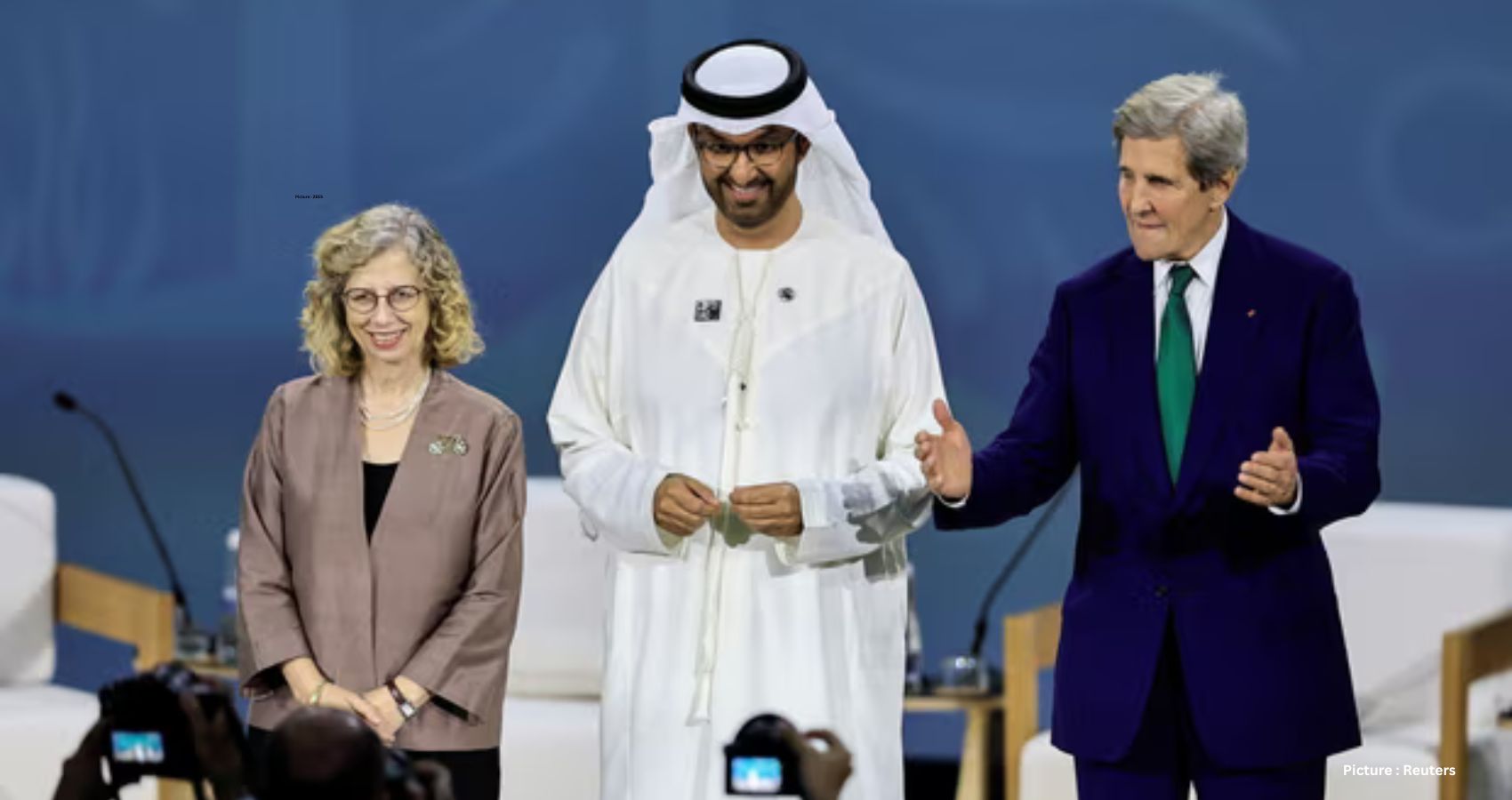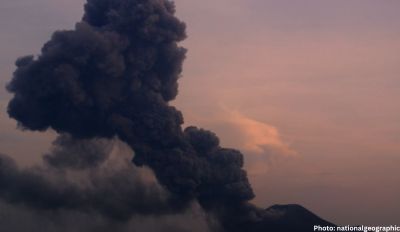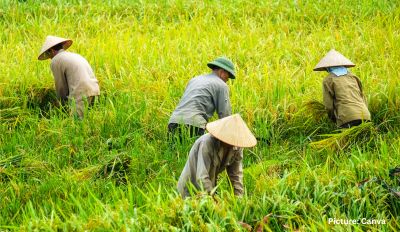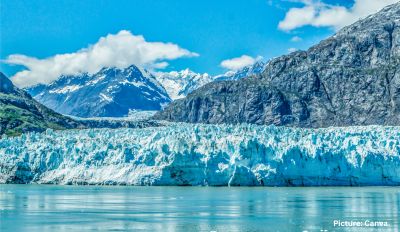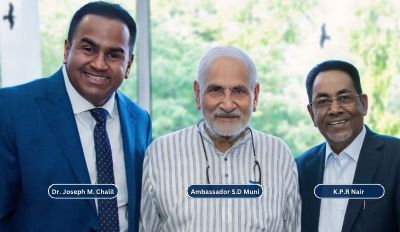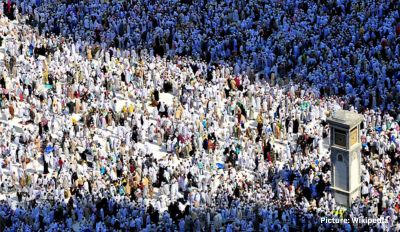Negotiations on how the world can reduce greenhouse gas emissions and combat the impacts of the climate crisis are set to intensify over the next few days at the Cop28 UN climate summit in Dubai. Nations are grappling with the crucial decision of whether to phase out or phase down fossil fuels, a central point of contention in the talks.
The remaining five negotiating days will see ministers engaging in a series of meetings to break the impasse and formulate a text outlining a roadmap to limit global heating to a rise of 1.5°C above preindustrial levels. Simon Stiell, the UN climate chief, emphasized the urgency of the situation, urging countries to prioritize ambitious actions. He stated, “Now all governments must give their negotiators clear marching orders – we need the highest ambition, not point-scoring or lowest common denominator politics. Good intentions won’t halve emissions this decade or save lives right now.”
As the negotiations approach their conclusion, the host country, the United Arab Emirates, plays a crucial role in determining the next steps. Cop28 president Sultan Al Jaber, also the chief executive of the UAE national oil company Adnoc, is tasked with appointing pairs of ministers representing both developed and developing countries. Their mandate is to facilitate dialogue and find compromises.
Despite Al Jaber’s role in the oil industry, he expressed a desire for an ambitious outcome from the talks. He told negotiators, “What we have collectively accomplished only in a week is nothing short of historic. In just seven days, we have demonstrated that multilateralism does actually work. It is alive and well.”
The Cop28 president is set to convene a plenary session, promising to use “all the tools available” to forge an agreement. Al Jaber stated, “The presidency will assess the status of the different items [under negotiation] and lay out a tailored approach to conclude all outstanding elements.”
The transparency of the negotiation process is expected to improve this year, with the UAE hosting a larger team and having greater resources to manage the task of involving more than 190 countries in the discussions.
A critical aspect of the negotiations revolves around the global stocktake, a requirement of the 2015 Paris climate agreement. This comprehensive assessment evaluates progress toward the Paris goals of limiting global temperature increases to “well below 2°C” while making efforts to restrict temperature rises to 1.5°C above pre-industrial levels.
The most contentious lines within this text concern the potential phase out or phase down of fossil fuels. Over 100 countries support a phase-out, but they face opposition from countries such as Saudi Arabia, China, and India. The inclusion of language on fossil fuels in the final text remains uncertain.
Negotiators have highlighted the transition from technical discussions, overseen by civil servants, to political negotiations involving ministers. The lack of clarity on a compromise adds to the challenges as the talks approach the Tuesday evening deadline.
Despite early optimism, the talks faced obstacles, particularly regarding loss and damage – funds required for the rescue and rehabilitation of countries affected by climate disasters. This issue, one of the longest-running in climate negotiations, saw unprecedented resolution on the first official day of the summit, with more than $800 million pledged. While a promising start, the amount falls far short of the expected needs reaching into the hundreds of billions.
With loss and damage addressed, countries shifted their focus to other segments of the talks, including the global stocktake and the “mitigation work programme.” Developing countries are advocating for a significant increase in climate finance to help them adapt to extreme weather impacts. The key issues for these nations center around equity, justice, human rights, and finance.
Madeleine Diouf Sarr, Chair of the Least Developed Countries Group, emphasized the importance of the global stocktake, stating, “This is a big fight, the global stocktake. We are already at 1.2°C, so we need to really close the gap to get to net zero emissions. Developed countries must take the lead [on cutting emissions]. It’s not easy, it requires a lot of negotiation, but the guiding principle must be of common but differentiated responsibilities – historical responsibility [for emissions].”

